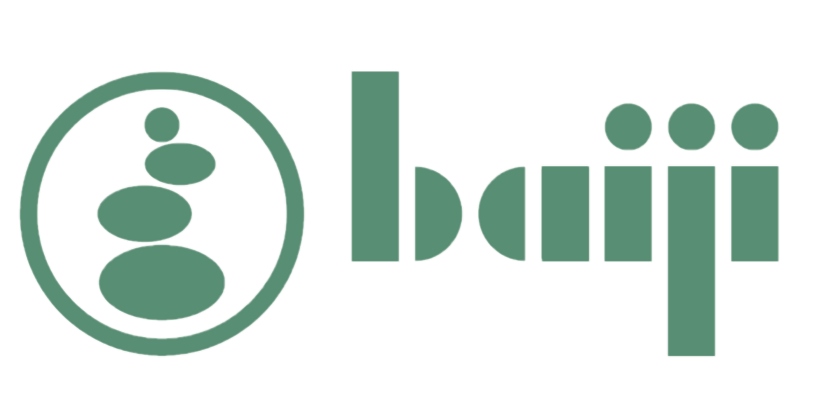In recent years, the lines between tea and herbal medicine have blurred, leaving many to wonder: What's the real difference, and which is better for our health? This guide will help you understand the distinct benefits of herbal tea vs. herbal medicine and how each can contribute to a healthier lifestyle.
Understanding Tea and Herbal Tea
Tea, derived from the Camellia sinensis plant, has been consumed for centuries. Its varieties, such as black, green, and oolong, are packed with antioxidants and offer potential health benefits, from improved focus to heart health.
Herbal tea, on the other hand, is not a true tea. It's an infusion made from herbs, spices, and other plant materials. Each herbal tea is unique, with its own set of health benefits. For instance, Lemongrass & Ginger Tea combines the soothing properties of lemongrass with the fiery kick of ginger, providing a refreshing and calming experience.
The Role of Herbal Medicine
Herbal medicine refers to the use of plant's seeds, berries, roots, leaves, bark, or flowers for medicinal purposes. Unlike herbal teas, herbal medicines are often more concentrated and targeted for specific health issues. They have been used in various cultures to treat illnesses, enhance wellness, and promote longevity.
Comparing the Benefits
- Tea Benefits: Traditional teas are known for their high antioxidant content which may help in reducing the risk of several health conditions, including heart disease and cancer. For many, tea is also a comforting ritual, offering warmth and a moment of calm.
- Herbal Tea Benefits: Depending on the herbs used, herbal teas can offer various health benefits. Lemongrass & Ginger Tea, for example, may aid digestion, reduce inflammation, and boost immunity.
- Herbal Medicine Benefits: Targeted and often more potent, herbal medicine could potentially address specific health issues like digestive disorders, skin conditions, or anxiety with more direct effectiveness than herbal teas.
Making the Right Choice for You
Deciding between enjoying a cup of herbal tea and utilizing herbal medicine largely depends on your health goals. For casual consumption and a gentle health boost, herbal teas are an excellent choice. If you're seeking specific health interventions, turning to herbal medicine might be more appropriate.
Ultimately, both herbal tea and herbal medicine have unique and valuable roles in supporting health and wellness. It's essential to approach both options with an understanding of your own health needs.
For more information and an array of health-supporting products, visit Baiji Life and explore their extensive collection.
Please consult a healthcare professional before starting any herbal regimen, especially if you have underlying health conditions or are taking medication.

